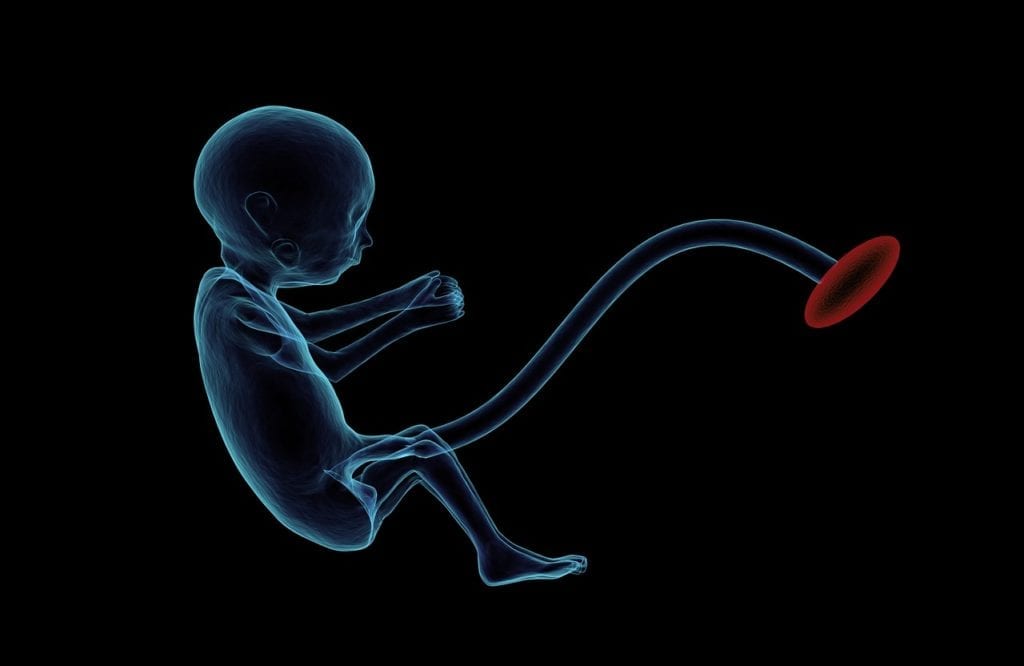According to a story from nature.com, gene therapy administered to fetuses could help curtail some of the worst effects of deadly genetic disorders. In a mouse model study, fetal delivery of gene therapy was able to prevent severe symptoms of Gaucher disease from appearing. The study specifically treated a form called acute neuronopathic Gaucher disease. Children born with this type of Gaucher disease rarely survive beyond two years.
About Gaucher Disease
Gaucher disease is a genetic disorder in which the substance glucocerebroside builds up in the cells and organs of the body. A mutation on the GBA gene results in a deficiency of the enzyme that is normally responsible for breaking down glucocerebroside. Symptoms of Gaucher disease vary on the type, but they can include yellowish brown skin, osteoporosis, spleen enlargement, liver enlargement, low blood cell count (of all types), bone and joint pain, and, more rarely, Parkinson’s disease and cirrhosis. Neurological symptoms also occur in some types, causing intellectual disability and dementia. Treatment involves enzyme replacement, but this approach does not cross the blood-brain barrier and cannot alleviate neurological problems, nor can it restore normal lifespan. To learn more about Gaucher disease, click here.
About the Study
One challenge was getting the therapy to the brain, but a virus vector was able to do so successfully. One advantage to fetal gene therapy is that the blood-brain barrier is not entirely formed, meaning that it is easier for drugs to cross it. The test on mice indicated that the experiment appeared to work. Without treatment, the Gaucher disease mice died after only 15 days, but after receiving the gene therapy as fetuses, they could move normally and were able to live for at least 18 weeks, which is a substantial improvement.
Advantages of Fetal Gene Therapy
There are other benefits to treating genetic disease in fetuses. The fetal immune system is less developed, which means that the protein carrying the corrected gene is less likely to get attacked. The primary advantage, however, is that treatment at this stage can help minimize the harm that genetic disorders like Gaucher disease can cause. Many of these illnesses cause irreversible symptoms when the child is born, and in the past, nothing could be done about them, outside of supportive treatment.
This treatment approach could play a major role in the future.








